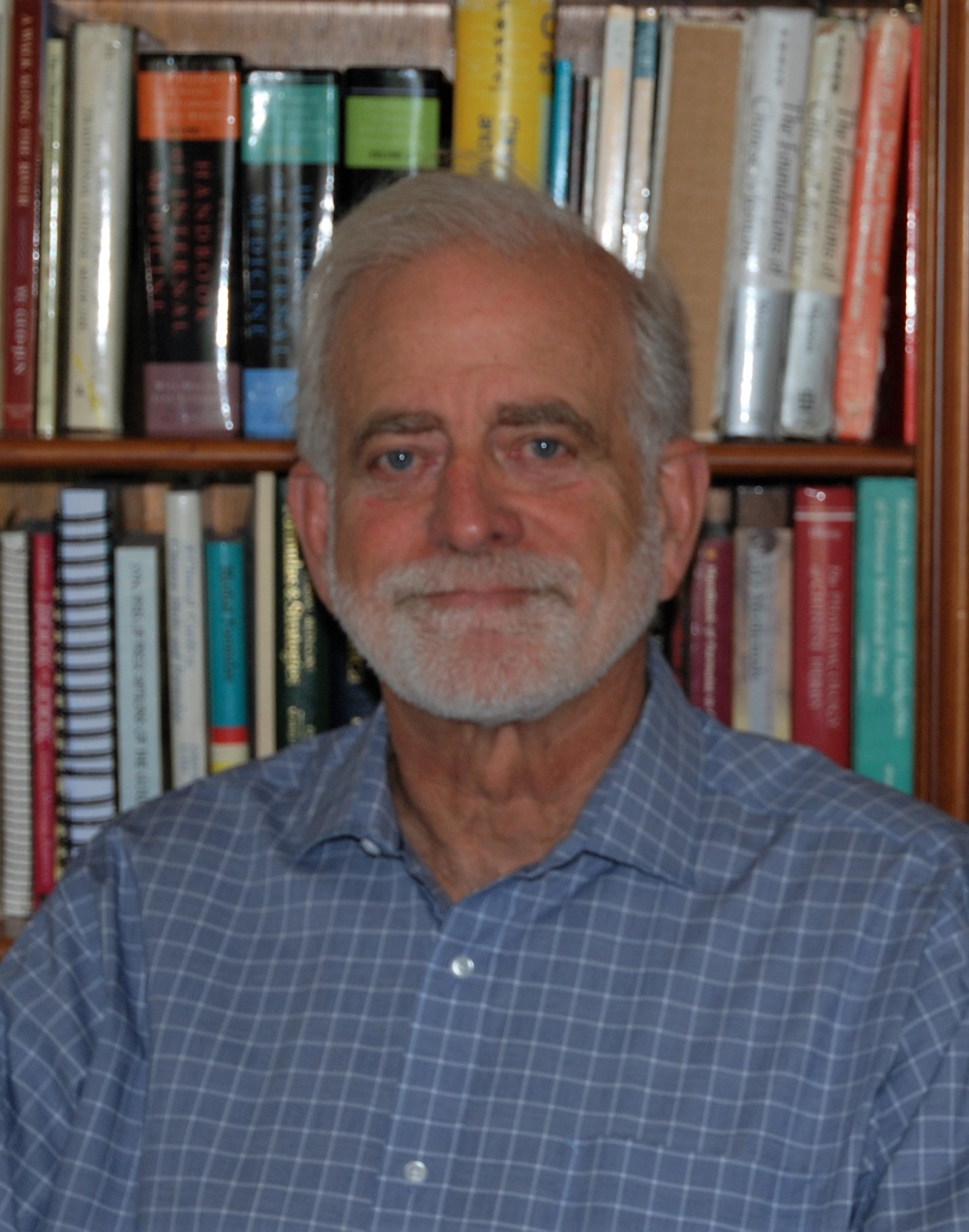Revive Kidney Qi

Mayway Herbs is pleased to introduce Plum Flower™ Revive Kidney Qi Teapills, also known as Suð Yáng Bǔ Shèn Wán 鎖陽補腎丸. Based on the classic, Cong Rong Bu Shen Wan, we have replaced Ròu cōng róng (肉蓯蓉 )/Cistanche deserticola with Suð yáng (鎖陽) /Cynomorium songaricum for sustainability reasons. Rou cong rong is a Convention on International Trade in Endangered Species of Wild Fauna and Flora (CITES) listed species. While it is listed in Appendix 2 (CITES II) which allows for limited trade requiring export/import permits, we have found it extremely difficult to acquire the necessary permits. To support sustainability and avoid stock outages, we have chosen to reformulate.
Revive Kidney Qi Teapills endeavor to treat various deficiency conditions of the Lower Jiao by tonifying Kidney Yang Qi, nourishing Yin and Blood, and moistening bowels while nourishing and astringing Jing-essence. Although it is a simple, four-herb formula, it elegantly addresses constipation from various etiologies, various male sexual dysfunctions, urination difficulties, and low back pain, when they are due to Kidney Yang, Yin, Blood, and/or Jing deficiencies.
Rou cong rong and Suo yang are both categorized as Kidney Yang herbs that are sweet and warm and enter the Kidney and Large Intestine Channels. Both herbs tonify the Kidneys, especially since they strengthen the Kidney Yang Qi and benefit Jing and marrow. Their main characteristics that differ are that Suo yang also enters the Liver Meridian thereby nourishing Liver Blood and Yin, and while both moisten the Intestines, Suo yang additionally functions to unblock the bowels and nourishes Blood. This formula is especially suitable in treating constipation due to deficient Blood and/or Kidney Qi experienced by the elderly, post-partum women, and post-surgical patients.
Suð yáng (鎖陽)/ Cynomorium songaricum herb, Shú dì huáng (地黃(熟) / Prepared Rehmannia root, and Tú sī zi (菟絲子) / Cuscuta chinensis seed each make up about a third of the formula and together support the Kidney Qi and Yang. All three primary herbs also nourish Yin and secure and augment Jing/essence. The formula includes a small amount of Wǔ wèi zi (五味子)/ Schisandra chinesis fruit, which functions to astringe the Jing and Yuan Qi while guiding the benefit of the formula to the five Zang organs.

When the patient’s presentation is primarily one of Kidney deficiency, symptoms that may indicate the usage of this formula include chronic constipation, mild discomfort in the low back and knees, joint stiffness, weakness, occasional fatigue, loss of stamina, listlessness, weak voice, pale face, occasional sweating or chills, forgetfulness, poor memory, lack of will, frequent urination, occasional diarrhea with undigested food, abdominal distention, poor appetite, cold limbs, cold intolerance, decreased sex drive, and occasionally deficiency-based sleep disturbance. The stereotypical pulse is slow and deep, and the tongue may be pale and swollen, although variations of these signs may be present.
The standard dosage for this teapill formula is 8 pills, 3 x per day. Administer half an hour before or one hour after eating. In the initial phases, dosage may be increased to 8-12 pills 3 times per day, then reduced to a maintenance dose as the formula takes effect. Revive Kidney Qi Teapills may be used long-term for several weeks to several months and may be used over the course of several years. This formula should be used with caution in Yin deficiency presenting without a preponderance of Yang deficiency.
This is a strongly tonifying formula that is contraindicated during the early stages of acute infection or illness, such as cold or flu and since it is intended to treat Yang deficiency, it is particularly contraindicated for conditions due to heat, and Spleen-deficient patients with loose stools.
References
- Bensky, D. et al., Chinese Herbal Medicine Materia Medica, 3rd Edition, Eastland Press, Seattle, 2004.
- Chen, J. & Chen, T., Chinese Medical Herbology and Pharmacology, Art of Medicine Press: 2004.
- Wrinkle, A. et al., A Practitioner’s Formula Guide, Elemental Essentials Press: 2008.
- www.americandragon.com


